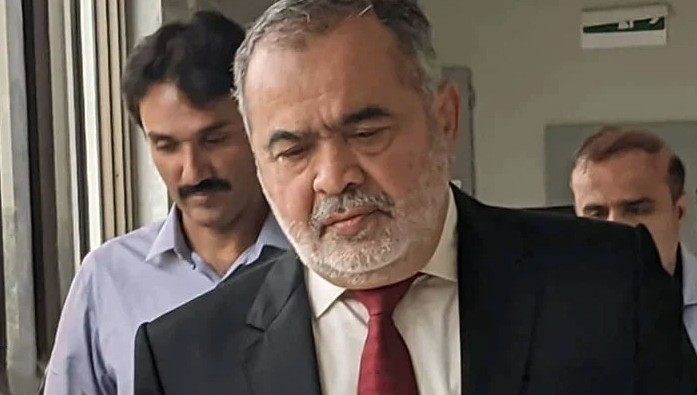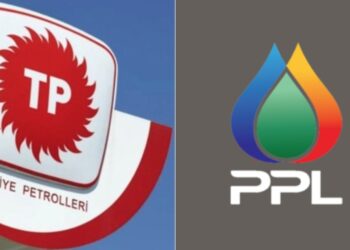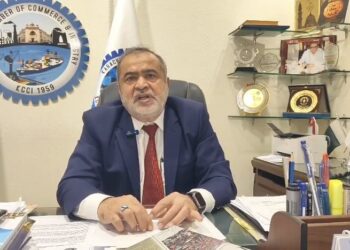This move would bring real interest rates closer
to sustainable levels and make borrowing
affordable for businesses and consumers
Staff Reporter

Karachi: The President of Karachi Chamber of Commerce and Industry (KCCI), Muhammad Jawed Bilwani, has urged the State Bank of Pakistan (SBP) to lower the policy rate by 400 basis points, following a 4.86% drop in inflation for November 2024, marking the lowest level in recent years. This move, he argued, would not only bring real interest rates closer to sustainable levels but also make borrowing more affordable for businesses and consumers alike.
In a statement, Bilwani highlighted that reducing interest rates would serve as a catalyst for economic growth, enhancing competitiveness and improving the overall business environment. He emphasized that globally, central banks adjust rates during periods of low inflation to stimulate growth, a practice Pakistan should align with.
Inflation Drops for Fourth Consecutive Month
Bilwani noted that the decline in inflation in November marked the fourth consecutive month of single-digit inflation, following over two years of high inflationary pressures. He pointed out that while the Monetary Policy Committee (MPC) had already reduced the policy rate from 20.5% to 15% since the beginning of the current fiscal year, Pakistan’s rate remains relatively high compared to regional peers like India (6.5%), Vietnam (4.5%), and Bangladesh (10%). The KCCI President warned that the high interest rate continues to suppress private sector credit growth, putting Pakistan at a competitive disadvantage.
Private Sector Credit at Record Low
Bilwani further stressed that Pakistan’s private sector credit has reached one of the lowest levels among emerging markets, accounting for only 12% of GDP in 2023, a stark contrast to India (50.1%), Türkiye (50.3%), and Bangladesh (37.6%). He expressed concern over the growing gap between public and private sector lending, which continues to hinder access to credit for businesses. As of October 2024, only 24.7% of total credit went to the private sector, down from 28.1% in January 2023, with public sector borrowing now taking up a disproportionate 75.3%.

Positive Signs Amid High Interest Rates
Acknowledging the government’s efforts to stabilize the economy, Bilwani pointed to the notable reduction in the current account deficit and the strong performance of the stock market. The KSE-100 Index has surged by 77.5% since January 2024, surpassing the 100,000-point mark, signaling growing investor confidence in Pakistan’s economic outlook.
However, despite these positive developments, Bilwani raised concerns about the impact of high interest rates on the economy. The Large-Scale Manufacturing Index (LSMI) recorded a decline of -0.76% for the period July–September 2024 compared to the same period in FY24 when the policy rate was in single digits. This reflects the continued strain of elevated borrowing costs and limited credit access for businesses.
Rising Domestic Debt Servicing Costs
Bilwani also noted that while SBP had successfully brought inflation under control, tight monetary policy has led to unsustainable domestic debt servicing costs. For FY24, domestic debt servicing surged by 50.4%, from PKR 4.8 trillion to PKR 7.2 trillion, amid a policy rate exceeding 20%. This has added pressure on the national budget and widened fiscal imbalances.
Call for Urgent Policy Rate Cut
The KCCI President emphasized that a significant rate cut is now essential to ease the burden on the economy, unlock private sector credit, and stimulate new investment, ultimately fostering a more balanced and sustainable economic environment.






















